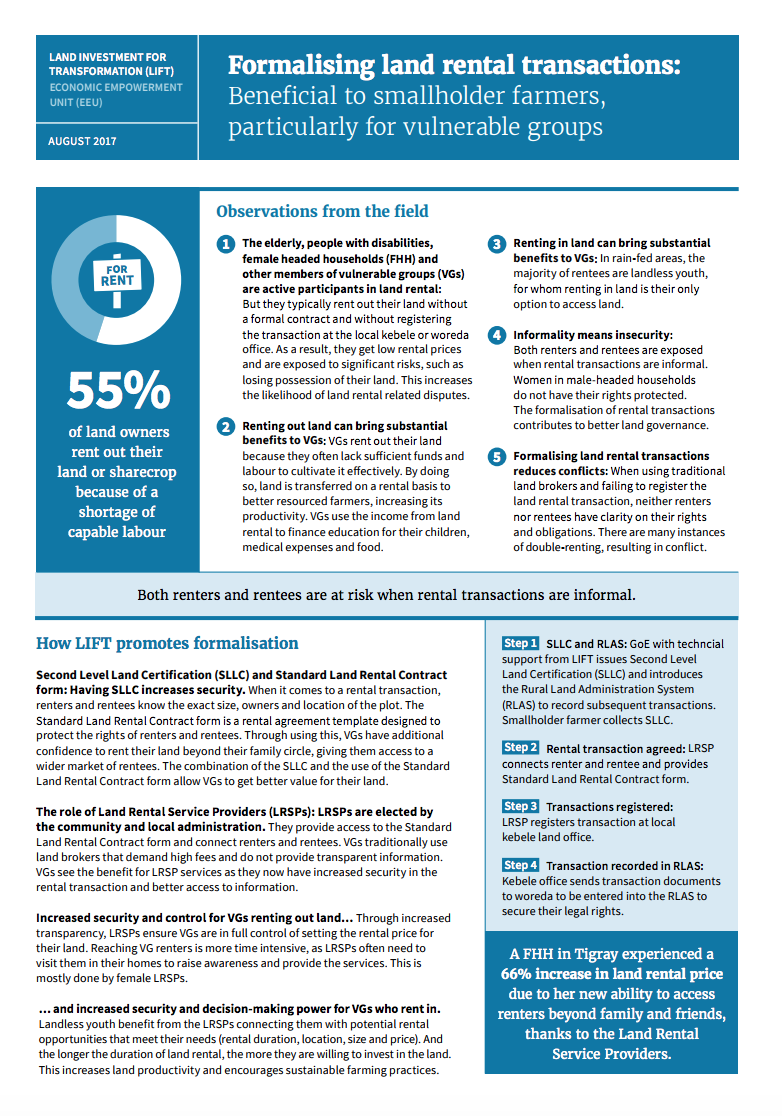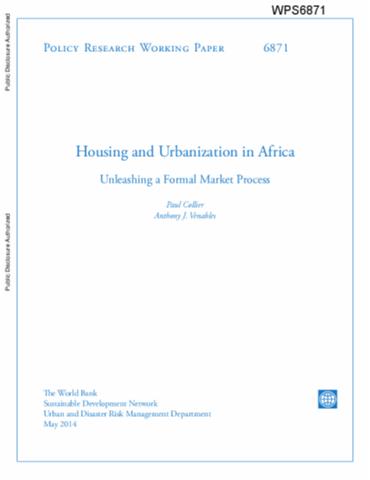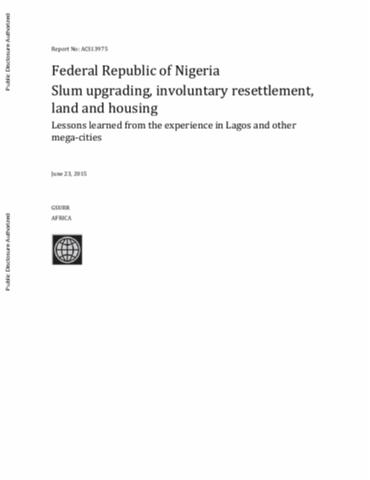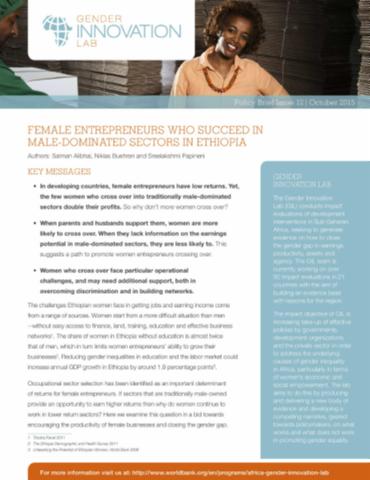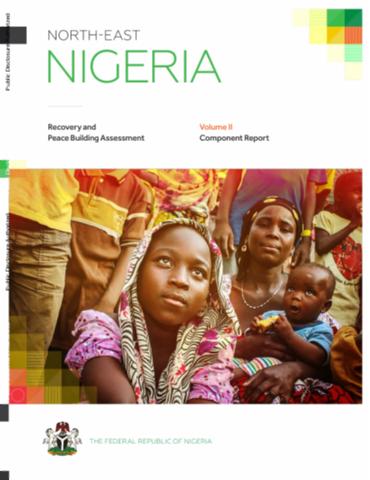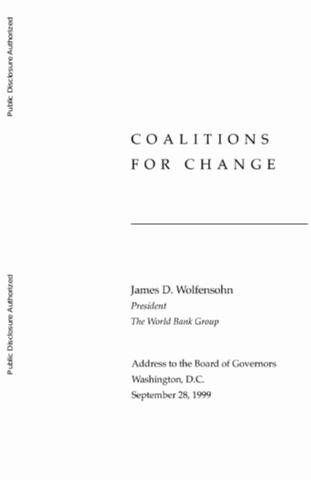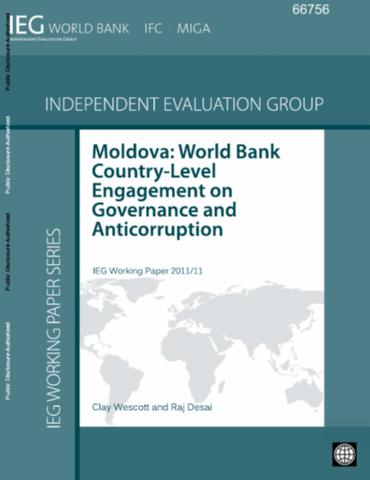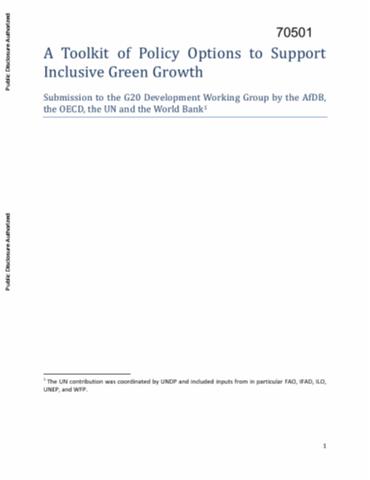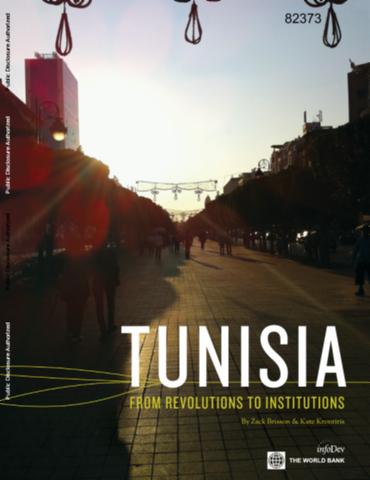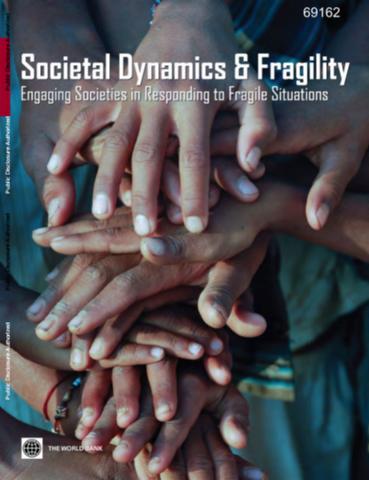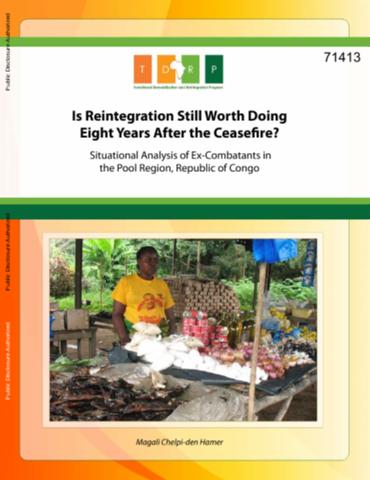The Seventh National Development Plan 2017 - 2021
Zambia remains committed to the socio-economic development planning of the country as reflected by the return to development planning in 2005. The Seventh National Development Plan (7NDP) for the period 2017- 2021 is the successor to the Revised Sixth National Development Plan, 2013-2016 (R-SNDP) following its expiry in December 2016. The Plan, like the three national development plans (NDPs) that preceded it, is aimed at attaining the long-term objectives as outlined in the Vision 2030 of becoming a “prosperous middle-income country by 2030”.

